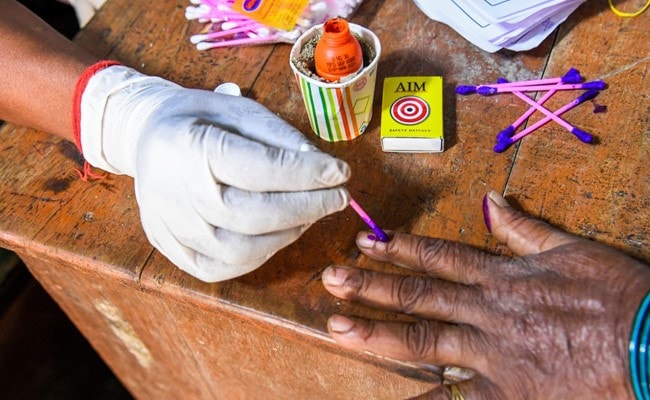The Pushkar Singh Dhami government in Uttarakhand has started pushing the BJP to introduce a uniform civil code in other states. Implementing the “unfinished agenda” could be a key electoral platform of the party ahead of this year’s Lok Sabha polls.
The federal government has told the Supreme Court that there are various issues with the UCC and the Law Commission has been tasked to submit a detailed report.
“In view of the importance of the subject matter and the sensitivity involved, which requires an in-depth study of the provisions of various personal laws governing different communities, the Central Government has requested the Law Commission of India to examine and make recommendations on various issues related to the Uniform Civil Code, ” the Center wrote in an affidavit in the SC.
However, Law Minister Arjun Ram Meghwal and former Law Minister Kiren Rijiju made clear the BJP’s strategy – if states want to formulate their own U.P. Civil Code, you can enjoy constitutional freedoms.
The Uttarakhand Assembly has sought the Governor’s consent after passing the UCC Bill. This will be followed by presidential endorsement, after which the UCC can be implemented in the state.
Speaking to CNN-News18, Dami said the process of formulating rules and procedures for implementation has begun. A gazette notification will announce the date on which the UCC will become a reality in the hill state.
gujarat
Gujarat is one of the first states to commit to a Uniform Civil Code ahead of the 2022 assembly elections. The state has not notified the committee to draft the regulations, but the Uttarakhand bill could provide the state with a starting point. Justice Ranjana Desai (retired), chairperson of the Uttarakahnd UCC drafting committee in Uttarakhand, may be tasked with doing the same for Gujarat.
assam
The northeastern state has announced an anti-polygamy law in the ongoing parliamentary session. This, along with a ban on child marriage, could be the first step towards uniform marriage and divorce regulations. The state government plans to enact the law in February. An expert committee has submitted a report to the state government after hearing more than 150 recommendations. Chief Minister Himanta Biswa Sarma said the legal department is reviewing the draft law that has been formulated and the final report may be ready soon.
rajasthan
Ministers Kanhaiya Lal Choudhary and Madan Dilawar expressed support for setting up a UCC for the desert state. Chaudhry said, “We are working to ensure that Rajasthan becomes a state after Uttarakhand (to implement the UCC Act)… The chief minister has expressed support for this. He has given instructions and work will be done soon Done.” A drafting committee comprising judicial experts, bureaucrats and government representatives is likely to start working on the draft bill soon, BJP functionaries said. The draft report will then be submitted for public comment. The Rajasthan government aims to introduce the draft bill in the next Assembly session.
challenge
Exemptions: Uttarakhand UCC has exempted tribals on the grounds that they enjoy protection under the Sixth Schedule of the Constitution. Uttarakhand has about 3% tribal population. According to the 2011 census, Assam’s tribal population is about 14%. In Gujarat, it is 15%. Granting an exemption to such an important part of the state would raise questions about the uniformity of the law.
Conflict with constitutional rights: Critics argue that the UCC violates the freedoms guaranteed by the Constitution. Article 25 (Freedom of conscience and free profession, practice and propagation of religion), Article 26 (Freedom to regulate religious affairs) and Article 29(i) – Cultural and linguistic freedoms granted to minorities – all provide for the following fundamental rights: religion. Even in the Uttarakhand Assembly, opposition MLAS asked how the state violated Iddat (a period of time when Muslim women mourn their dead husbands). Adoptions denied by Muslim personal law but allowed by the UCC are also considered to be deliberate violations of constitutional rights.
Cohabitation relationship: It is the provisions regarding the registration of cohabiting relationships that have been criticized by the state as “over-intervention”. Criminalizing a cohabiting couple’s failure to register may be subject to legal challenge as a violation of privacy, adult decision-making rights and individual rights.
Follow us on Google news ,Twitter , and Join Whatsapp Group of thelocalreport.in
















